The Sandman (2025) Final Season Review – A Mythic and Haunting Farewell to Dream’s Saga

Keywords: The Sandman 2025 review, The Sandman final season, Neil Gaiman Sandman Netflix, The Sandman season 3 analysis, Morpheus Dream ending explained, dark fantasy TV series 2025
After reshaping the landscape of dark fantasy television, The Sandman (2025) returns for its final season, bringing Neil Gaiman’s legendary saga to a breathtaking and emotional conclusion. Anchored by Tom Sturridge’s haunting performance as Morpheus, this final chapter is a masterclass in fantasy storytelling, blending myth, metaphor, and mortality on an epic scale.
Crafted by Netflix, DC Entertainment, and Warner Bros. Television, this last installment elevates everything that came before it — the poetic dialogue, the visual splendor, the existential weight — into a final crescendo that resonates long after the credits roll.
The Story So Far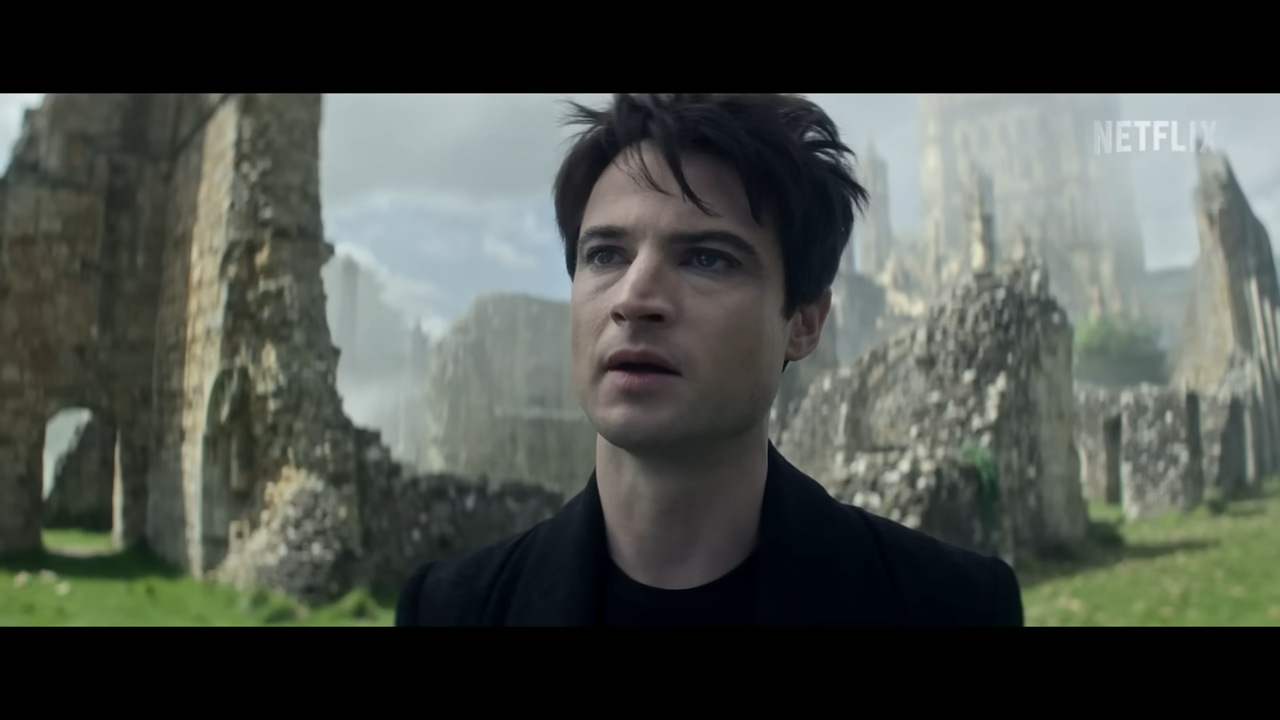
In previous seasons, Morpheus — also known as Dream of the Endless — escaped a century of captivity and began restoring his fractured kingdom, The Dreaming. He retrieved his stolen tools, mended old alliances, and confronted powerful forces including Lucifer, his siblings, and the consequences of his own decisions.
Now, in the 2025 season, the series shifts into its final arc — a narrative built from some of the most beloved and harrowing moments in Gaiman’s graphic novels. This is where destiny, death, desire, and dream intertwine for the last time, and where every loose thread finds its reckoning.
Plot Overview: Where Dreams End and Destiny Begins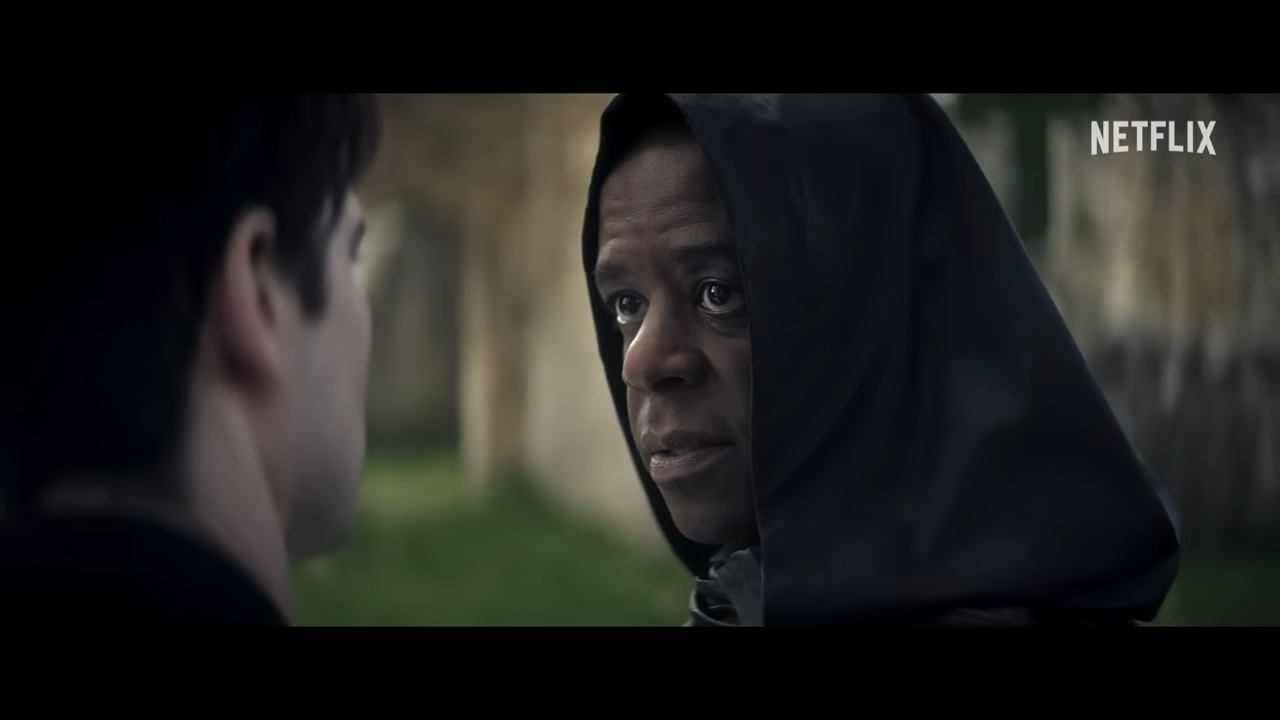
As forgotten pacts unravel and ancient forces awaken, Dream finds himself at the center of a war that transcends realms. The fragile balance between The Dreaming, Hell, and the waking world is collapsing. Morpheus must confront challenges not just of power, but of identity, legacy, and loss.
The Endless — those abstract siblings who rule over facets of existence — take center stage. Destiny emerges as a more imposing presence, Desire plots from the shadows, and Death returns with her quiet, devastating wisdom. Dream’s relationships with his family drive much of the emotional depth this season, providing insight into the cost of godhood and the fragility of purpose.
Without revealing spoilers, this season faithfully adapts some of the most powerful arcs from the comics — including the finale of “The Kindly Ones” and the transition into “The Wake.” Expect heartbreak, transformation, and resolution in equal measure.
Tom Sturridge Shines as Morpheus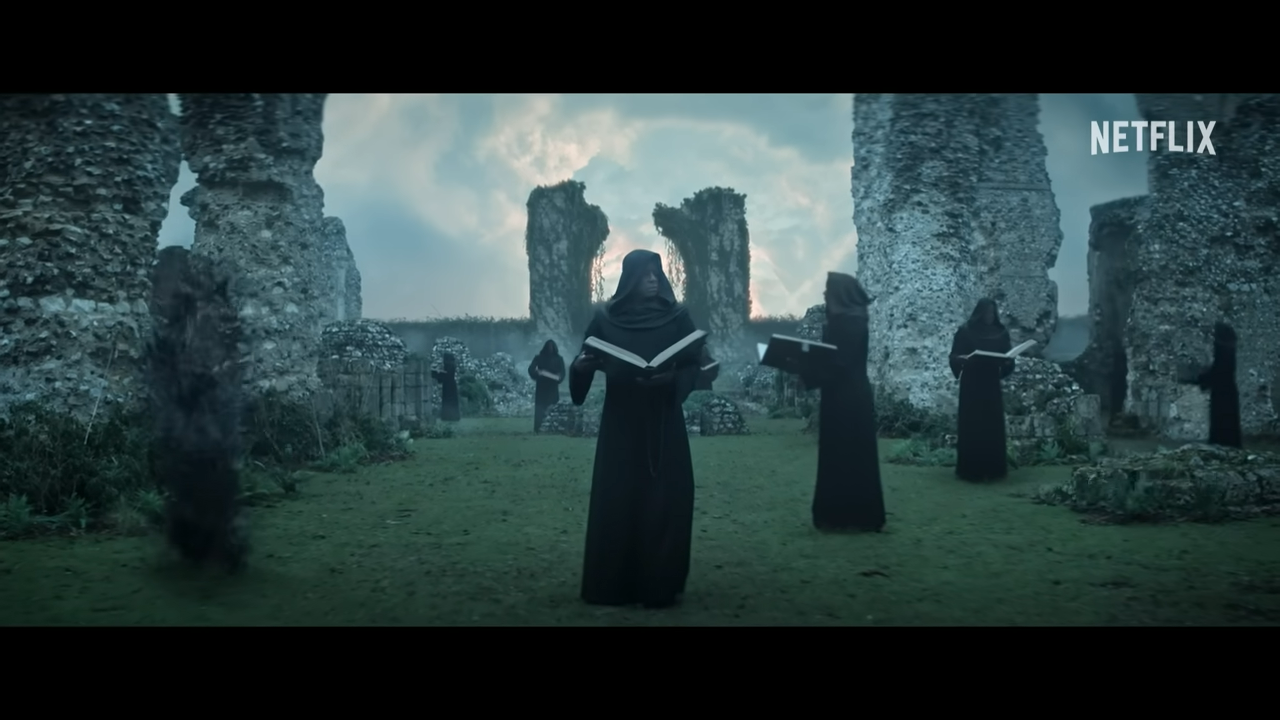
Tom Sturridge gives what may be his finest performance to date. His Morpheus is colder, wiser, and more introspective than ever — a being who has learned, lost, and lingered too long in the dreams of others. His evolution from aloof monarch to a nearly tragic hero is captivating, and his final moments are delivered with subtlety and grace.
The chemistry between Sturridge and Kirby Howell-Baptiste’s Death is especially powerful, grounding the supernatural with genuine human emotion. Boyd Holbrook returns as The Corinthian, this time with surprising narrative layers, while Vivienne Acheampong’s Lucienne continues to shine as the voice of reason and loyalty in The Dreaming.
Cinematic Quality on a Television Scale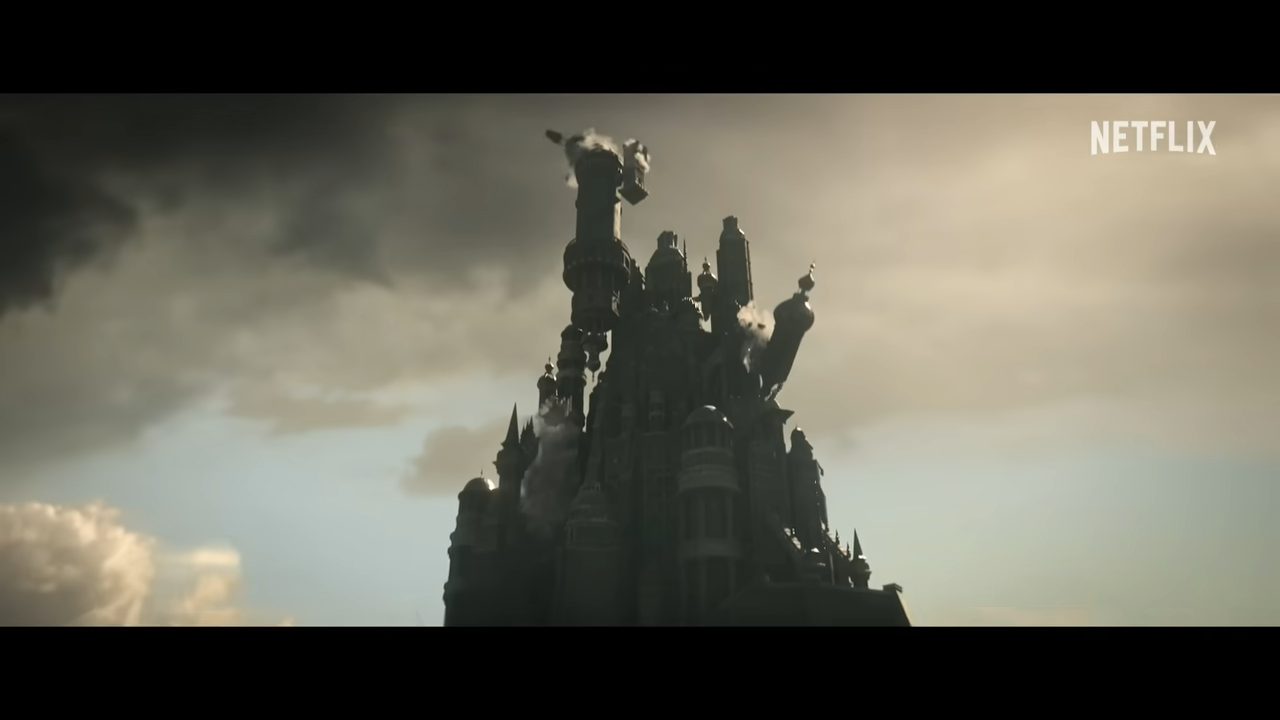
From the very first episode, it’s clear that this final season spares no expense in its visual storytelling. The cinematography is rich with symbolism — starless skies, broken castles, and dreamscapes that blur the line between memory and myth.
Each realm is distinct. The Dreaming is luminous and surreal, ever-shifting with mood and metaphor. Destiny’s garden is haunting in its stillness, while Desire’s threshold remains a sensory maze of temptation and ego. Even the human world feels touched by something larger — as though all of reality is holding its breath.
The special effects, practical sets, and costume design are some of the best seen on a fantasy series in years. It’s a true adaptation of Gaiman’s lyrical visual language, transforming panels into motion with near-mythic weight.
Writing and Themes: Where Fantasy Meets Philosophy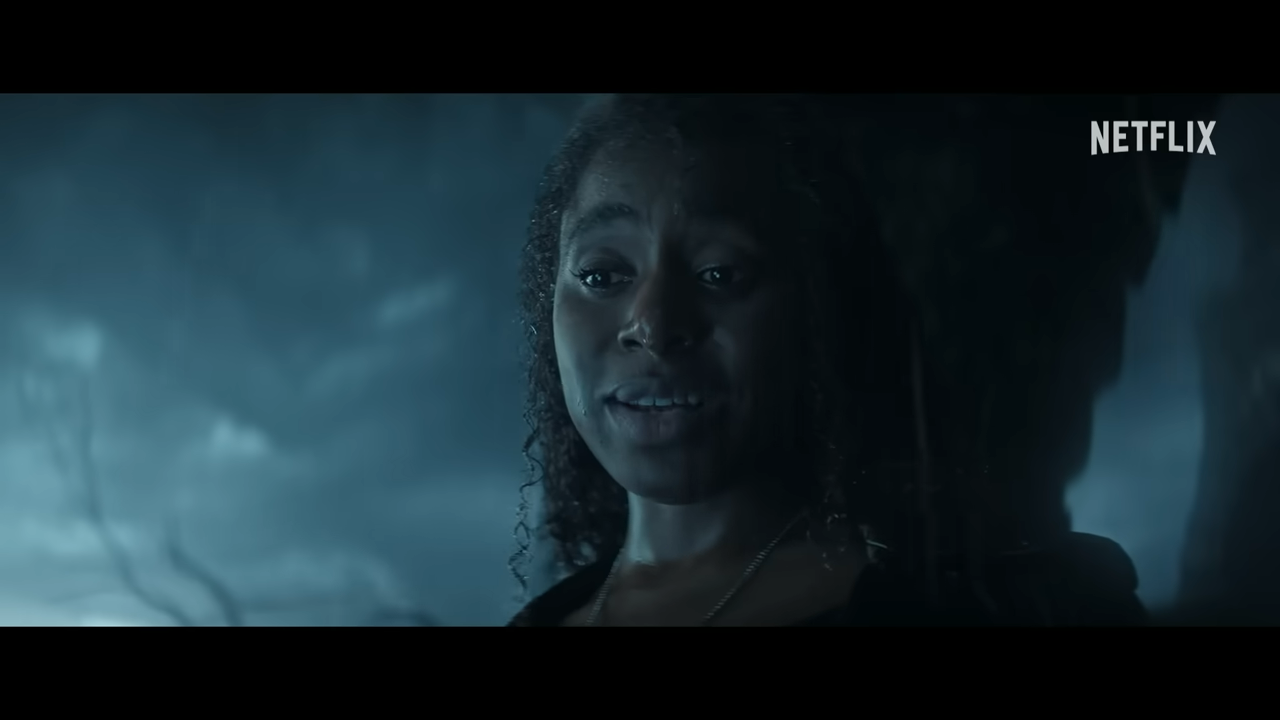
At its core, The Sandman is more than a fantasy story — it’s a meditation on existence, change, and meaning. This season leans heavily into these themes. Through the eyes of gods and monsters, the series examines forgiveness, responsibility, and the inevitability of endings.
Dream’s journey is not one of redemption in the traditional sense — but of accepting the consequences of who he was, who he tried to become, and what he ultimately represents. The show handles this with poetic restraint, letting moments of silence and symbolism speak louder than exposition.
Writers Allan Heinberg and Neil Gaiman keep the dialogue faithful to the comics without losing accessibility. New viewers may still follow the main story, but longtime fans will appreciate the deeper echoes, callbacks, and foreshadowing.
Soundtrack and Sound Design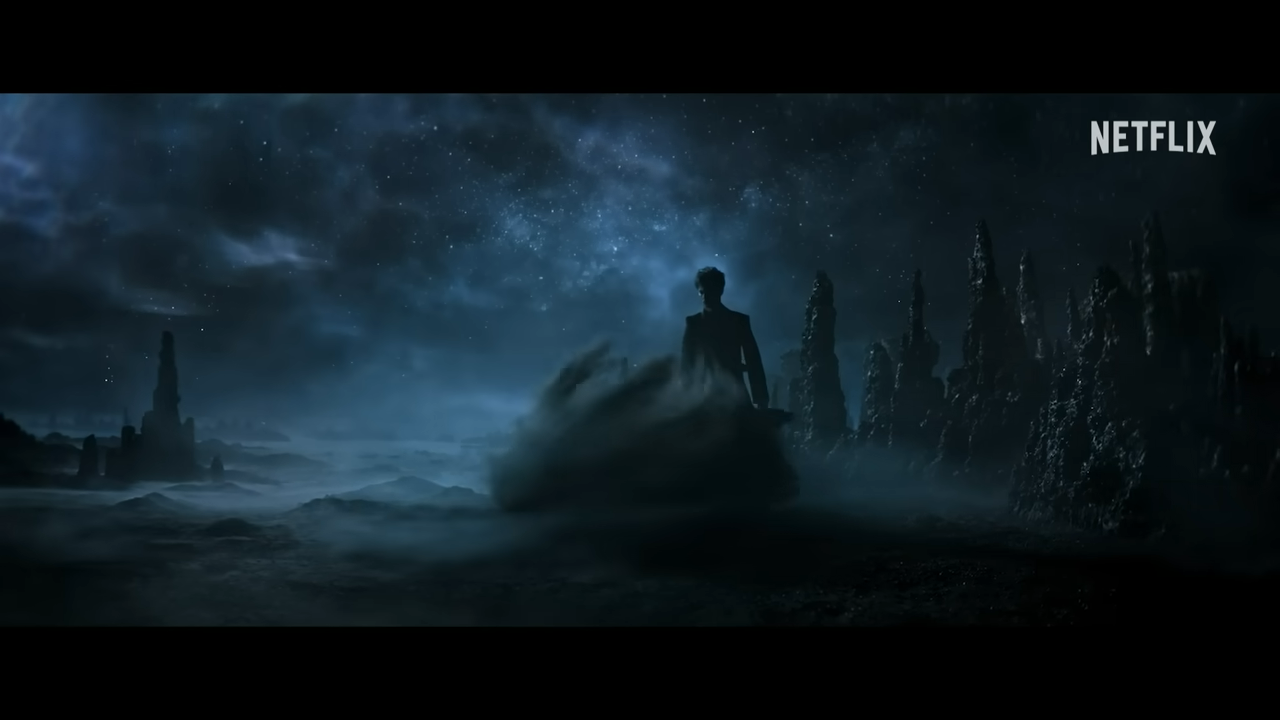
The music, composed by David Buckley, remains integral to the emotional impact of the show. The soundtrack swells in all the right moments — gentle when it needs to be, ominous when fate turns its wheel. The use of choral arrangements and ambient soundscapes makes the final episodes feel like a dream unraveling.
Sound design deserves praise for immersing viewers in both the real and unreal — with subtle cues that distinguish reality from illusion, sleep from waking, and death from rebirth.
Final Verdict: 9.5/10 – A Masterpiece of Modern Fantasy
The Sandman (2025) concludes not just a series, but a myth. It is elegantly tragic, visually hypnotic, and philosophically rich. Few shows manage to blend personal storytelling with cosmic scale, but this final season accomplishes it with remarkable balance.
While some narrative beats may feel abstract or emotionally heavy for casual viewers, the final result is undeniably powerful — a fitting end to one of the most ambitious fantasy adaptations ever made for television.
If you’ve followed the series thus far, this finale is required viewing. If you’re new, now is the perfect time to enter The Dreaming — and see what it means to be more than human, more than divine.











